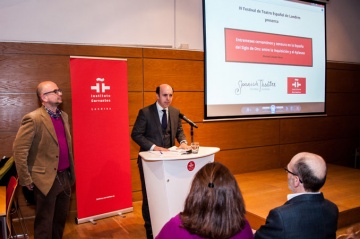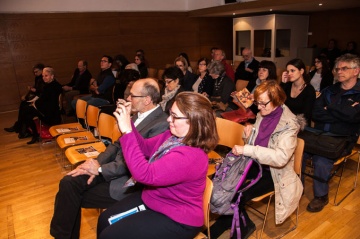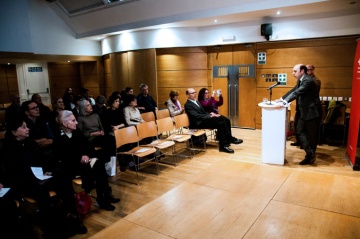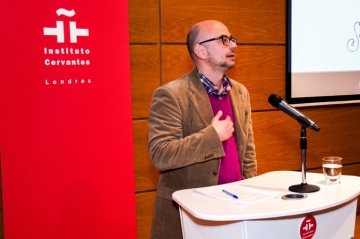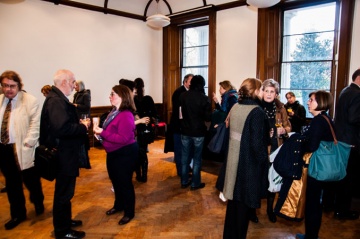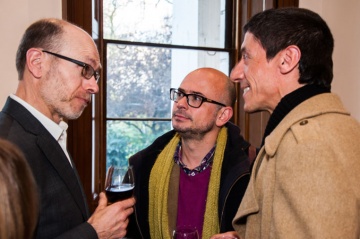Cervantes’ Interludes and Censorship in Golden Age Spain: Caught between the Inquisition and the Audience
Entremeses cervantinos y censura en la España del Siglo de Oro: entre la Inquisición y el Aplauso
By Manuel Calzada Pérez
Tuesday 26th April at 18:30 > Past Event
Auditorium. Cervantes Institute, London
(Talk in Spanish)
The growing importance of the theatre during the Golden Age coincided with the increasing influence of the courts of the Inquisition and ecclesiastical censorship over the last monarchs of the Habsburg dynasty. The Church wanted to control the subject matter and the moral tone of plays without prohibiting performances, because a significant number of the minor religious orders obtained their income from the “corrales de comedias” or open-air theatres. The King also had a strong interest in letting the players continue their activities, provided of course that they reinforced his prestige as the supreme judge and ultimate power, and he was only too aware that closing down theatres led to riots and revolts which were even more serious than those caused by increasing taxes. In this difficult environment, playwrights had to sharpen their wits to avoid not only the emasculation of their scripts, but also their own incarceration.
A particularly revealing case in point is that of Miguel de Cervantes and his Interludes, considered as “minor works” in which the author of Don Quixote dabbled in every subject, including cuckolded husbands, unchaste vergers, featherbrained mayors, and even the King’s own representative tossed in a blanket by the townspeople. In the face of the censorship of the Inquisition, Cervantes falls back on comedy in an unequal contest, in which he could only come out on the winning side if he earned laughter and applause from the audience. It was a battle between wit and repression, which increasingly favoured the inquisitors as the century progressed and the Spanish Empire waned, but which has endowed us with some of the most brilliant creations in our language and literature. Now classics, today, these texts do not simply receive the applause of a new audience: they have become the antidote for irrationality and barbarity and a vaccine which the theatre has employed to try to innoculate society since time immemorial.
External link: londres.cervantes.es/FichasCultura/Ficha106807_22_1.htm
Free Admission / RSVP: bit.ly/Entremeses_ICLondon

Manuel Calzada Pérez

